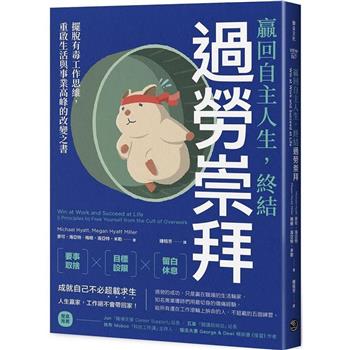Theocratic movements are on the rise. But what does it actually mean for God to rule? This Element offers one answer by recovering the theocratic project of medieval Judaism’s most important thinker, Moses Maimonides. Theocracy is often thought to quash human agency, evoking an overpowering deity and clerical domination. Yet by reconsidering Maimonides’ debt to the Islamic philosopher al-Fārābī, and challenging Leo Strauss’ influential reading, the author argues that among Maimonides’ aims was to elevate humanity’s role in divine rule. In its highest form reason is identical with revelation, action with providence. God’s governance is delegated: theocracy requires human agency-the imitation of God. Maimonides focuses on philosophical-religious leaders. But he also broadens imitatio dei to anyone whose knowledge of God inspires love of God: By emulating God’s goodness, we can become agents of divine rule. In this way, Maimonides’ ideas suggest ways by which theocracy and democracy might, counter-intuitively, be reconciled.
| FindBook |
有 1 項符合
Maimonides and Jewish Theocracy的圖書 |
 |
Maimonides and Jewish Theocracy 作者:Lesch 出版社:Cambridge University Press 出版日期:2024-12-19 語言:英文 規格:精裝 / 78頁 / 22.86 x 15.24 x 0.64 cm / 普通級/ 初版 |
| 圖書館借閱 |
| 國家圖書館 | 全國圖書書目資訊網 | 國立公共資訊圖書館 | 電子書服務平台 | MetaCat 跨館整合查詢 |
| 臺北市立圖書館 | 新北市立圖書館 | 基隆市公共圖書館 | 桃園市立圖書館 | 新竹縣公共圖書館 |
| 苗栗縣立圖書館 | 臺中市立圖書館 | 彰化縣公共圖書館 | 南投縣文化局 | 雲林縣公共圖書館 |
| 嘉義縣圖書館 | 臺南市立圖書館 | 高雄市立圖書館 | 屏東縣公共圖書館 | 宜蘭縣公共圖書館 |
| 花蓮縣文化局 | 臺東縣文化處 |
|
|
圖書介紹 - 資料來源:博客來 評分:
圖書名稱:Maimonides and Jewish Theocracy
|











